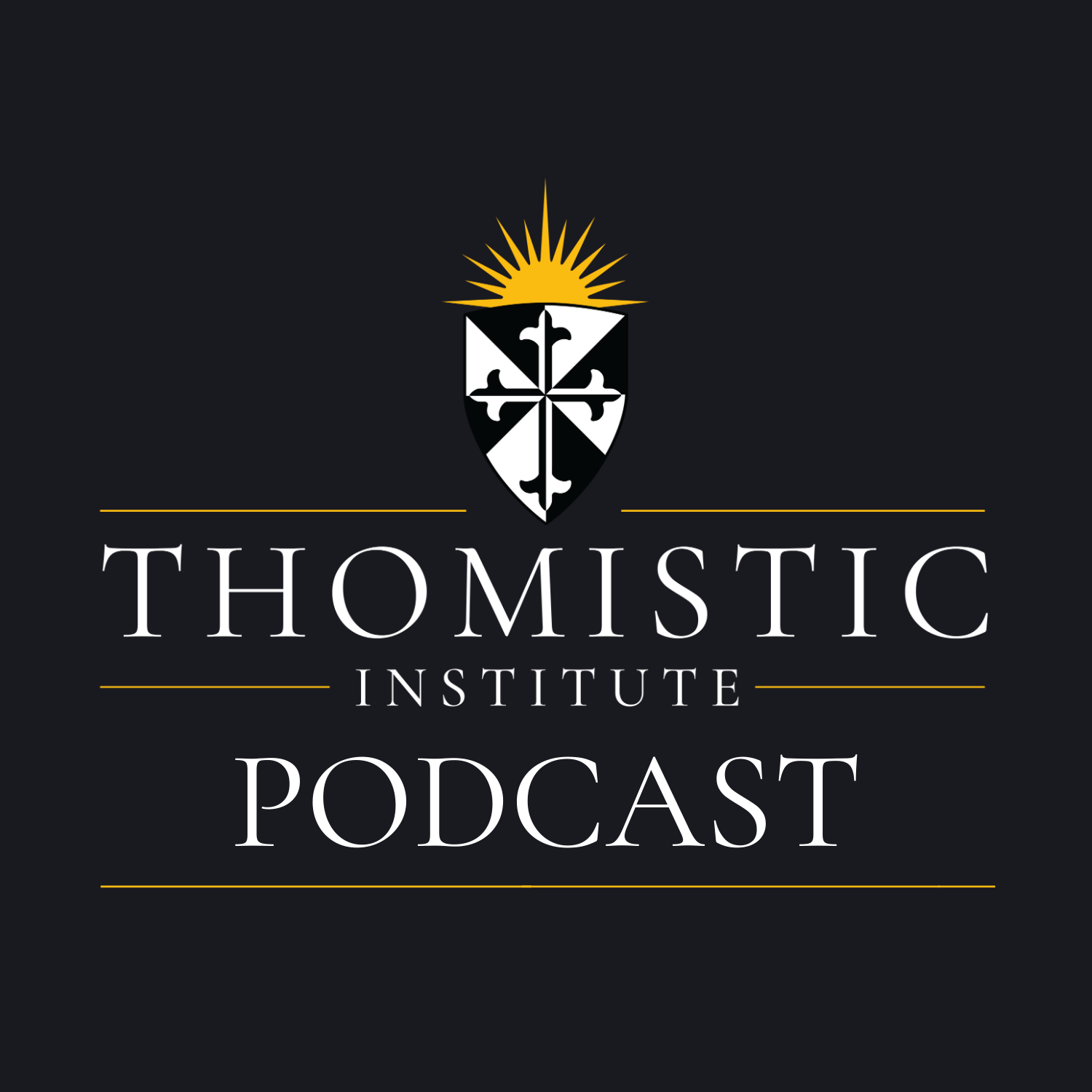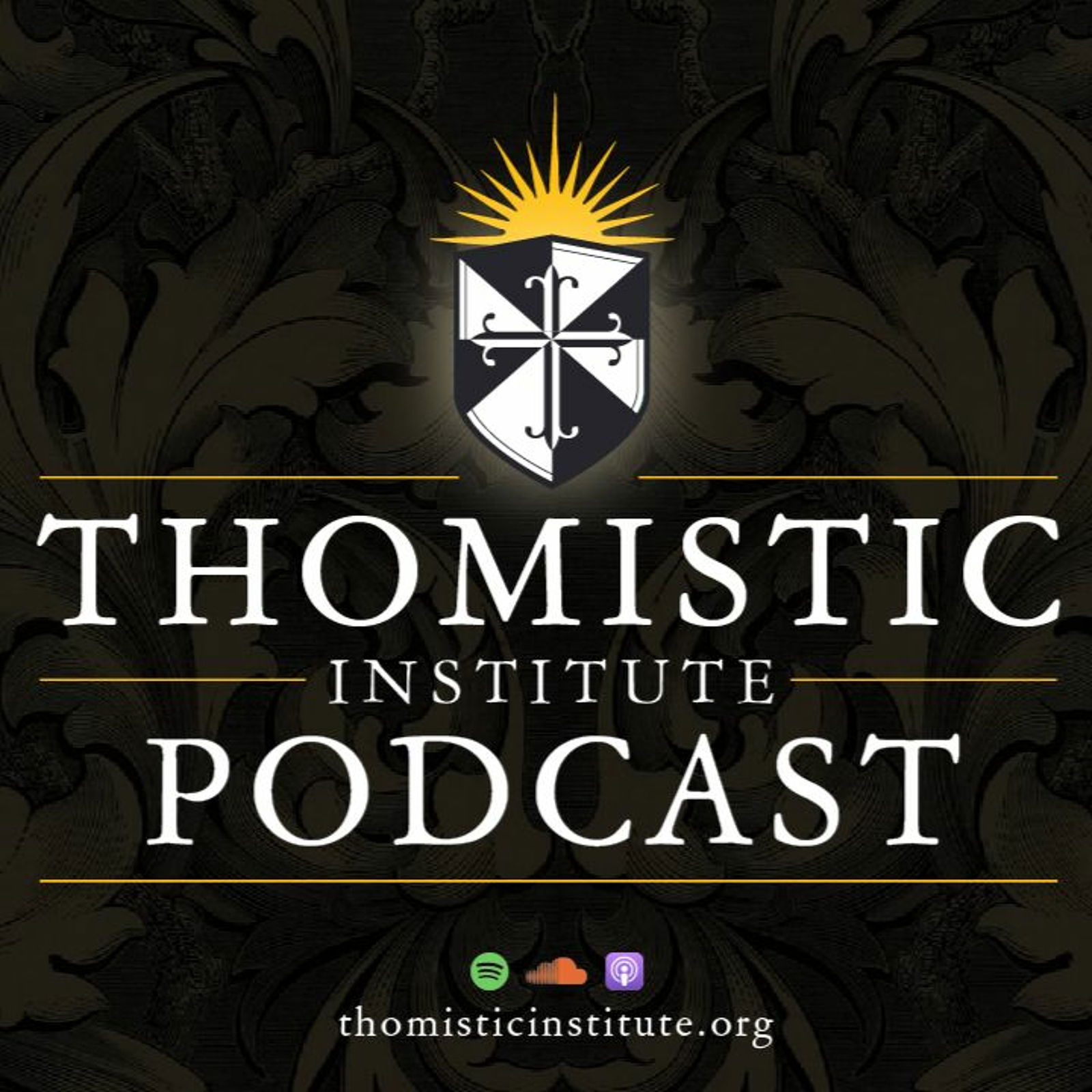Affairs of the Heart: The Ethical Significance of Anger | Prof. Jennifer Herdt

Professor Jennifer Herdt examines the cognitive dimensions and ethical significance of anger, distinguishing human anger, linked to justice and reason, from animal anger, within an Aristotelian-Thomistic framework.
Professor Jennifer Herdt examines the cognitive dimensions and ethical significance of anger, distinguishing human anger, linked to justice and reason, from animal anger, within an Aristotelian-Thomistic framework.
This lecture was given on September 7th, 2024, at Dominican House of Studies.
For more information on upcoming events, visit us at thomisticinstitute.org/upcoming-events.
About the Speaker:
Jennifer A. Herdt is Gilbert L. Stark Professor of Christian Ethics at Yale University’s Divinity School. She is the author, most recently, of Assuming Responsibility: Ecstatic Eudaimonism and the Call to Live Well (link is external). Her 2019 book, Forming Humanity: Redeeming the German Bildung Tradition, was supported by a research fellowship from the Alexander von Humboldt Foundation. She is also the author of Putting On Virtue: The Legacy of the Splendid Vices, and of Religion and Faction in Hume’s Moral Philosophy (link is external), and has published widely on virtue ethics, early modern and modern moral thought, and political theology. She serves on the editorial boards of the Journal of Christian Ethics, Studies in Christian Ethics, and the Journal of Religion, and served as the 2020 President of the Society of Christian Ethics. Her current research project on more-than-human creaturely agency flows from a $3.9M, 3-year collaborative grant from the Templeton Foundation (link is external) supporting projects in science-informed theological anthropology. From 2013-2021, she served as the academic dean of Yale Divinity School, and is now Senior Associate Dean for Faculty Affairs.
Keywords: AI, Anger, Aristotelianism, Ethics, Justice, Passions, Peter Strawson, Reactive Emotions, Responsibility, Thomistic Thought










